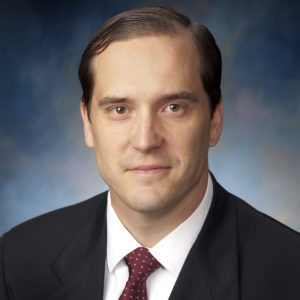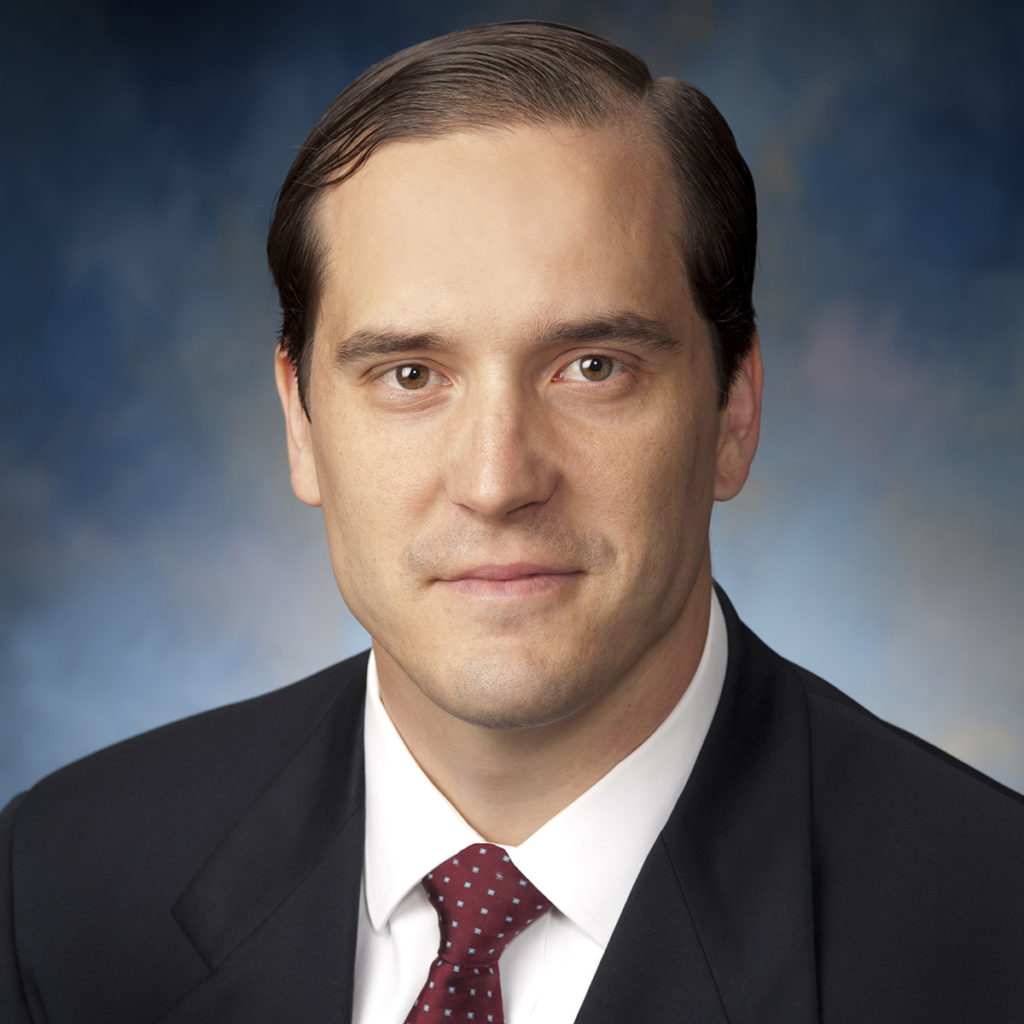Sight & Sound launched a new feature with our most recent edition – a Question & Answer (Q&A) session with one of our popular University of Pittsburgh faculty members and UPMC clinicians. This series focuses on questions and concerns that clinicians are asked daily by patients. Additionally, Q&A will offer insight into a diverse mix of clinicians at the UPMC Eye Centers, ENT Clinics, Sleep, Sino-Nasal & Allergy, Swallowing & Balance Disorders, and Voice Centers!

For this edition, Andrew McCall, MD, FACS, Assistant Professor, Department of Otolaryngology at the University of Pittsburgh Medical School, is our inaugural Q&A subject. An otologist, Dr. McCall, treats a wide range of ear problems from chronic otitis media to hearing loss.
I have frequent ear infections – what can I do to help prevent them from reoccurring?
The answer to this question depends upon the type of ear infection you are experiencing. If you have recurrent otitis externa (“swimmer’s ear”), protecting the ears from water exposure is important for preventing infection. For example, some swimmers will wear silicone earplugs when swimming to lessen the chances of infection. For recurrent otitis media (infection of the middle ear space), a condition most commonly seen amongst children, placing tubes in the eardrums is commonly performed to reduce the risk of infection.
What is the best way to remove wax from ears?
The American Academy of Otolaryngology Head and Neck Surgery endorses safe removal of cerumen through one of two methods: manual removal and ear flushing. Note that trained professionals should perform both of these techniques, and in the case of flushing, the underlying eardrum should be intact. Many patients attempt to clean their ears with Qtips; unfortunately, Qtips will commonly worsen wax impactions due to pushing the wax further down the ear canal, rather than retrieving the wax.
I am experiencing ringing in my ears – is this common as you age?
Ringing in the ears is one form of tinnitus amongst many other variants (e.g., buzzing, hearing tones, etc.). While tinnitus is a very common condition – millions of Americans experience tinnitus – age alone does not lead to tinnitus. The most common association with tinnitus is underlying hearing loss. For this reason, when a patient experiences tinnitus, an audiogram is commonly recommended to assess for underlying, and potentially unrecognized, hearing loss.
When should I begin to consider hearing aids?
Hearing aids are recommended for the treatment of hearing loss. Often times, family members, friends, or colleagues will help a given individual with hearing loss realize that they are missing out on conversations and lead that individual to seek treatment. Other times patients will self-identify that they hear less than they used to, will seek care, get a hearing test and ear examination confirming their hearing loss, and then get fitted with hearing aids through an audiologist.
I’ve been using hearing aids for years, but find I can no longer understand most of what people are saying, is there any help for me?
If hearing aids that are well-fit by a trained audiologist are no longer beneficial, a reasonable consideration may be cochlear implantation. A cochlear implant is an electronic device that is surgically placed under the skin behind the ear with an electrode that extends into the hearing portion of the inner ear (the cochlea). While it can take some time for the brain to adapt to the signals generated by such implants, the vast majority of very hard of hearing patients who receive cochlear implants experience a significant benefit.
Are there any ear conditions that warrant urgent evaluation by an otolaryngologist or ear specialist?
A sudden drop in hearing, such as complete loss of hearing in one ear that occurs in a moment of time, is concerning and warrants urgent evaluation with a hearing test. This symptom may indicate an entity called “idiopathic sudden sensorineural hearing loss” requiring early intervention. Note that this entity is relatively uncommon, such that many patients with this symptom may have other less serious causes for the change in hearing (such as wax impaction).
If you would like to make an appointment with Dr. McCall at the ENT Clinic, located in the Eye and Ear Institute in Oakland, please call 412-647-2100.
University Ear, Nose & Throat Specialists – other locations:
Aspinwall: 412.784.5570
Horizon: 724-962-3210
Mercy: 412-232-3687
Monroeville: 412-374-1260
Shadyside: 412-621-0123
Children’s Hospital: 412.692.5460 (Pediatric ENT)
If you have questions you would like to ask for future Q&A sessions, please email research@eyeandear.org.
To stay up to date on future events and news, follow EEF on Facebook, Twitter, and LinkedIn and subscribe to our Sight + Sound Blog. To support treatment innovations in Ear, Nose, and Throat, make a donation to The Eye & Ear Foundation.
